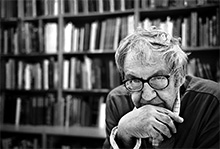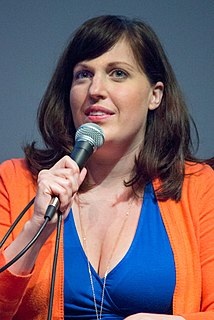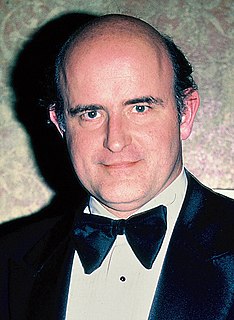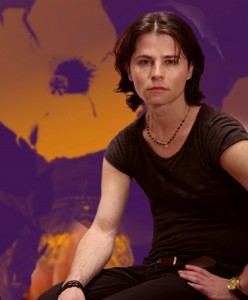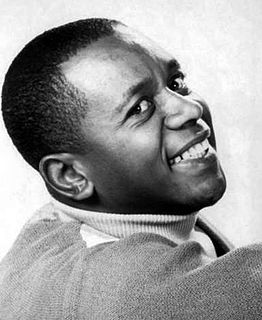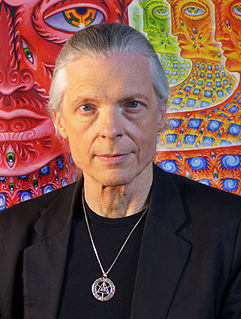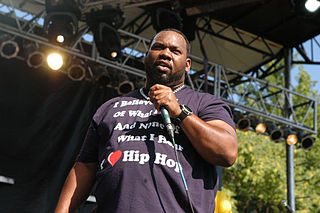A Quote by Saul Leiter
I like the Zen artists: they'd do some work, and then they'd stop for a while.
Related Quotes
I have a deep-seated distrust and even contempt for people who are driven by ambition to conquer the world … those who cannot control themselves and produce vast amounts of crap that no one cares about. I find it unattractive. I like the Zen artists: they’d do some work, and then they’d stop for a while.
I like the dark part of the night, after midnight and before four-thirty, when it's hollow, when ceilings are harder and farther away. Then I can breathe, and can think while others are sleeping, in a way can stop time, can have it so – this has always been my dream – so that while everyone else is frozen, I can work busily about them, doing whatever it is that needs to be done, like the elves who make the shoes while children sleep.
My paintings used to be so realistic and I found it a little bit boring, especially now that I'm in New York. I wanted to be more free, first in my mind and then, slowly, in my work. Many artists have these jumps in their work and at some point it looks like a supermarket. For me it was important to develop.
Before I think we was emcees, we was more or less narrators too. Because if you look at the early '80s hip hop, it was so much creativity goin' on with artists like then, like Slick Rick, then you had Rakim, and you had these different kind of artists back then. And we was a marble cake of all these artists. So I didn't have a problem with writin' stories because I felt like that was somethin' I loved to do. Even to this day, I really consider myself an entertainer-slash-narrator. I like to talk about stuff that goes on.
